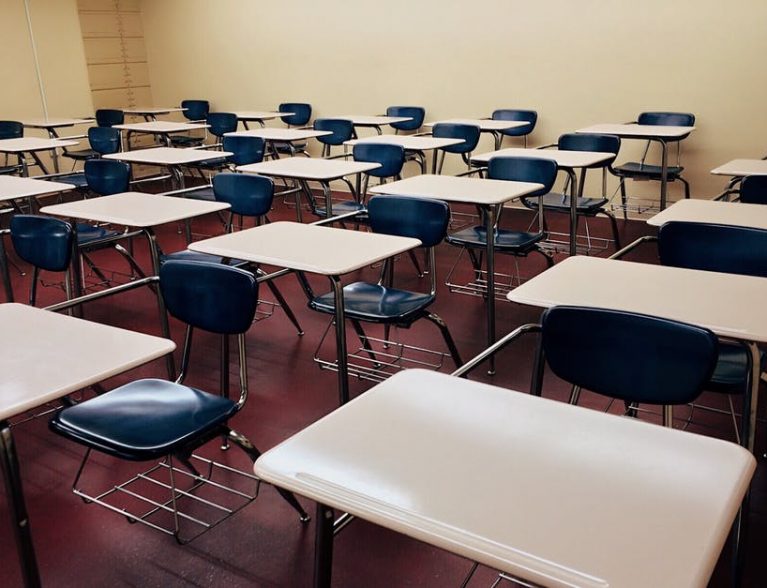
It began with a heartfelt question from one of the softest hearts on the Hospital District board: Ann Marie McCrystal, reeling from the Parkland school shooting, asked the leader of the Mental Health Association what could be done to help prevent such a horror from happening in an Indian River County school.
After much debate about who should pay for an anti-violence program in public schools, the Hospital District agreed to fund a two-part pilot program proposed by the MHA, at a cost of $75,000. A national evidence-based anti-violence curriculum would be presented to ninth-graders in two schools, and funds would be made available to counsel kids in crisis.
When the program ended in May, the numbers bore out what mental health counselors had hoped: Nearly 1,000 ninth-graders received awareness education and violence prevention training, with close to three-quarters of the kids saying on a survey the program encouraged them to make positive choices and two-thirds saying it got them thinking of things in new ways.
In the course of the 10-session program, 21 kids stepped up to seek counseling. Each received four to five counseling sessions with a mental health practitioner.
Of those, most were dealing with severe anxiety or depression, and some were at risk of self-harm, said Jeanne Shepherd, the MHA’s clinical director.
Countywide, six students a day are referred for mental health treatment, according to Shepherd, who learned of that statistic from the school system’s new mental health coordinator, Dr. Sharon Packard. Packard’s position was funded by the state’s post-Parkland initiative to combat violence in schools.
Shepherd called the number of mental health referrals “staggering.”
She said a study found that 75 percent of school attackers “had prior suicide attempts and also talked about being in a state of depression or despair.
“We would certainly work with those that are expressing a threat. But we also know that treating underlying depression is how schools stay safe.”
Even as the program was being taught this spring, three Indian River County students – including a 13-year-old – were arrested in three incidents involving threats to local schools. The 21 students receiving crisis counseling through the program were not among those arrested.
The ripple effect of the MHA program may extend beyond the students who participated, Shepherd hopes.
“We had kids asking for brochures to take to their parents,” Shepherd said. “One said, ‘Oh, my mom needs help with her bi-polar,’ and another said he was going to tell his mom to get in touch about his brother who needed help. That’s always been our message, that it’s OK to get help, so we’re glad that these kids are becoming ambassadors for mental health.”
Next year, the MHA wants to expand the program to include sixth-graders, using a different curriculum that will include not only violence prevention but suicide prevention. That idea came from the School Board, which to date has refused to fund the program. If it happens, it will increase the number of students participating from 970 to 2,772, and will involve 10 schools instead of two.
Rather than seek funding from the Hospital District again, the MHA is requesting $75,000 from Indian River County’s Children’s Services Advisory Committee. That group reviews grant applications and makes recommendations to the County Commission, which in turn, funds programs.
The MHA believes it can reach more children for the same amount it received from the Hospital District because the new curriculum it plans to use for both grade levels is available for free and runs for only three sessions instead of 10, saving on counselors’ salaries.
The Children’s Services Advisory Committee members warned Mental Health Association CEO Dr. Nicholas Coppola that there are more requests for funding this year than there are funds available.
“They asked, if they didn’t give us the money, would we still do the program? And I told them I might have to cut it back to just ninth-graders again, but I would volunteer and teach it myself if I had to,” said Coppola. “That’s how important I think this is.”
The committee’s recommendations are expected this week.



